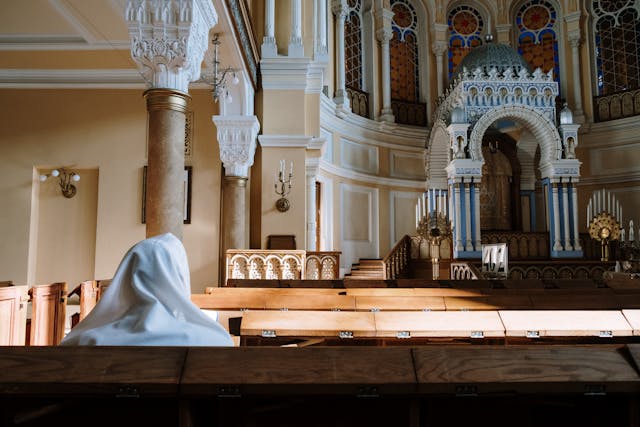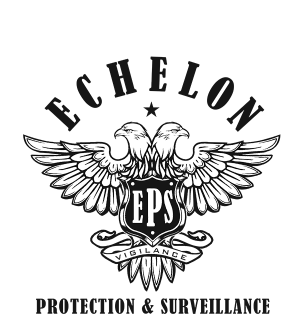 Ensuring the safety of synagogues has become increasingly critical in light of rising antisemitic incidents and global conflicts. Incidents at Jewish institutions have jumped 237% in 2023 alone.
Ensuring the safety of synagogues has become increasingly critical in light of rising antisemitic incidents and global conflicts. Incidents at Jewish institutions have jumped 237% in 2023 alone.
Jewish communities must adopt comprehensive security measures to protect their places of worship. This article outlines effective strategies for securing synagogues, focusing on the role of security guards, community involvement, and advanced security technologies.
Employing Security Guards
Security guards serve as the first line of defense for synagogues. Their presence deters potential attackers and provides immediate response capabilities. Many synagogues now employ guards not only during services but also during other times when people are present. For example, during Passover, Temple Beth Abraham in Oakland hired additional guards to ensure the safety of their congregation. The importance of having trained security personnel cannot be overstated, as they provide both a visual deterrent and a quick response in case of an emergency.
Advanced Security Measures
Modern security technology plays a vital role in protecting synagogues. Installing security cameras, alarm systems, and access control mechanisms can significantly enhance safety. Temple Beth Abraham upgraded their doors, windows, and added bullet-resistant glass. Such measures help prevent unauthorized entry and allow for quick identification of potential threats. Additionally, the use of metal detectors and other screening devices can further secure entry points.
Community Engagement
A strong community is essential for maintaining synagogue security. Engaging congregants in safety practices and encouraging vigilance helps create a secure environment. Regular security drills and training sessions for congregants can prepare them to respond effectively in emergencies. Synagogues should also foster strong relationships with local law enforcement agencies to ensure coordinated efforts in case of a threat.
Securing Government Funding
Securing government grants and funding is crucial for implementing comprehensive security measures. Programs like the Nonprofit Security Grant Program (NSGP) and state-level grants provide financial assistance for security enhancements. The United Jewish Appeal-Federation of New York’s Community Security Initiative (CSI) offers support in applying for these grants, helping synagogues cover the costs of security upgrades and personnel. Government assistance can make a significant difference in the level of security that synagogues can afford.
Coordinating with Law Enforcement
Collaborating with local law enforcement is essential for effective synagogue security. Law enforcement officers provide valuable expertise and resources. They can conduct threat assessments, offer training, and respond quickly in emergencies. Such partnerships ensure that both security personnel and congregants are well-prepared to handle potential threats.
Practical Security Enhancements
Simple yet effective measures can greatly enhance synagogue security. Installing perimeter fences, using access control systems, and planting hostile vegetation around buildings can deter intruders. Thorny or sharp-leafed plants like roses or yucca trees can serve as natural barriers, making it difficult for potential attackers to approach windows and doors. Regular maintenance of these security features ensures their effectiveness.
Conclusion
Securing synagogues requires a multifaceted approach that includes professional security guards, advanced technology, community involvement, and strong partnerships with law enforcement. By implementing comprehensive security measures and securing necessary funding, Jewish communities can create safe environments for worship. The rise in antisemitic incidents underscores the urgency of these efforts, making proactive security planning essential for protecting synagogues and their congregants.


